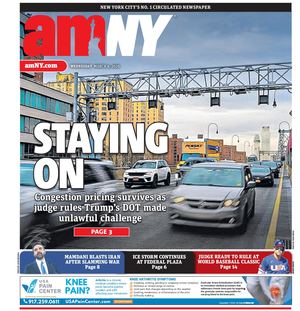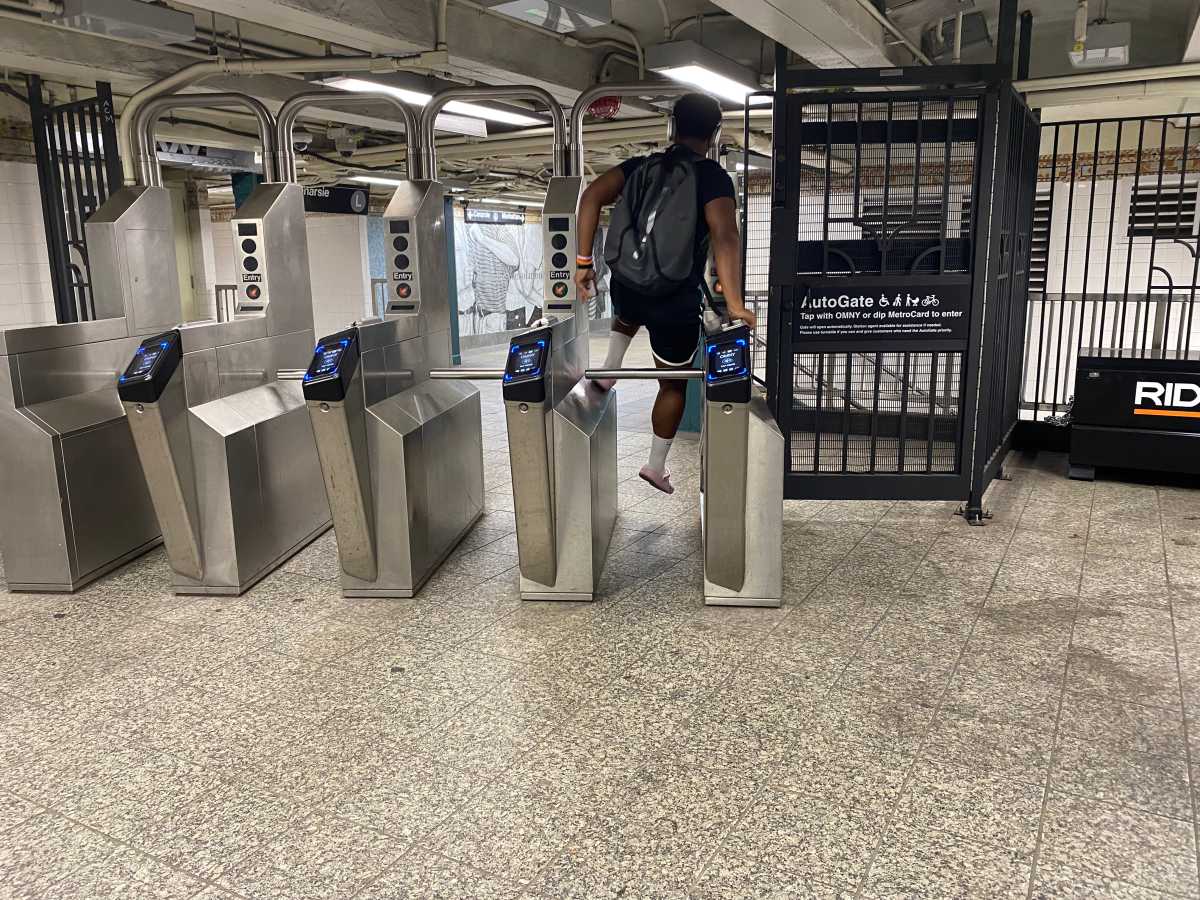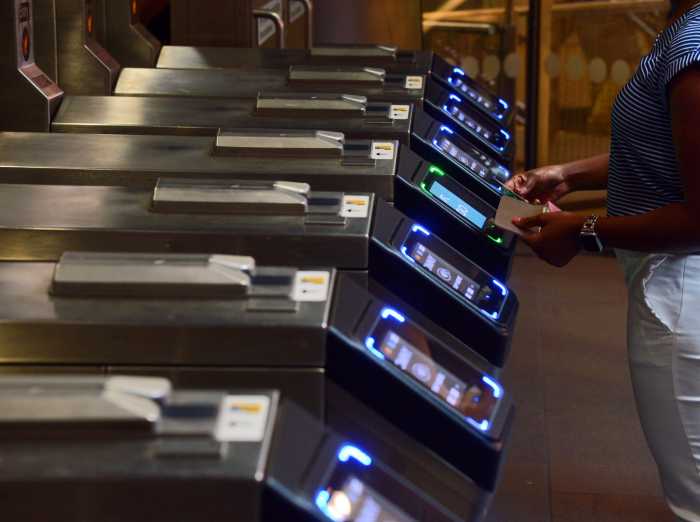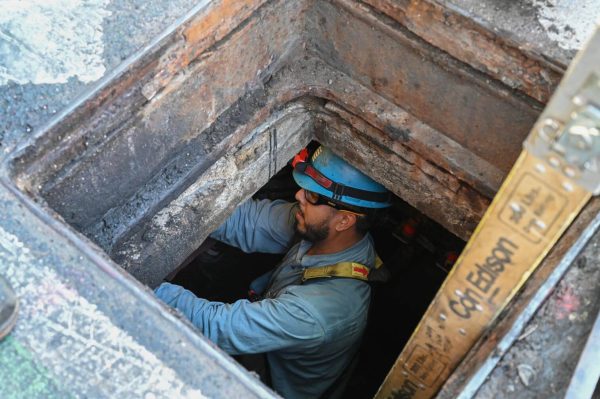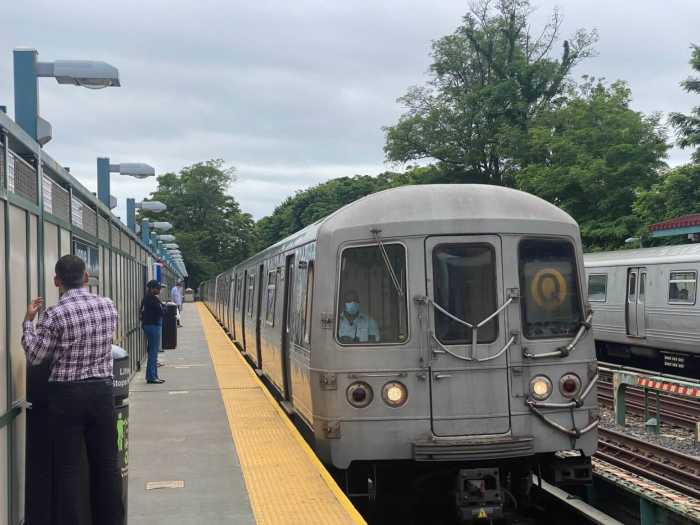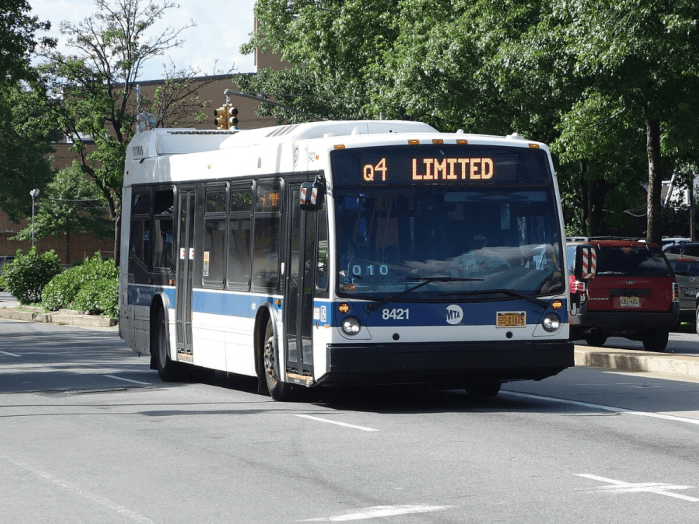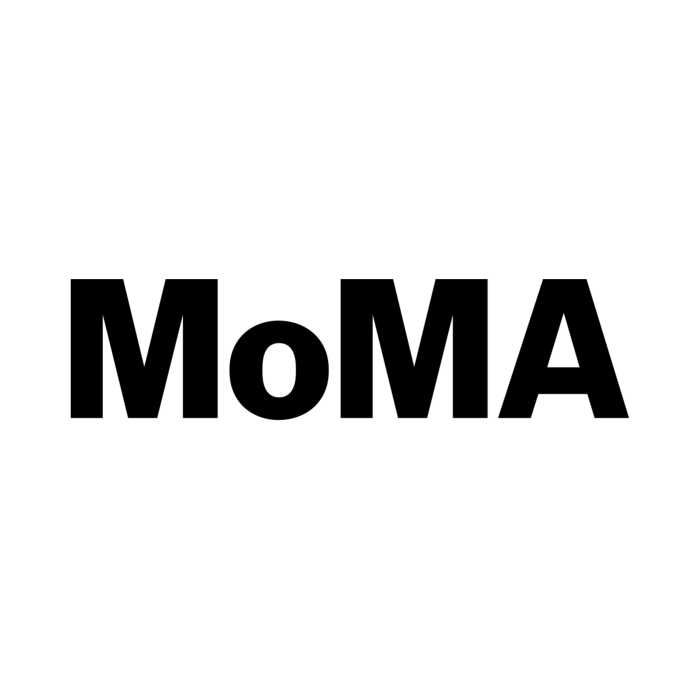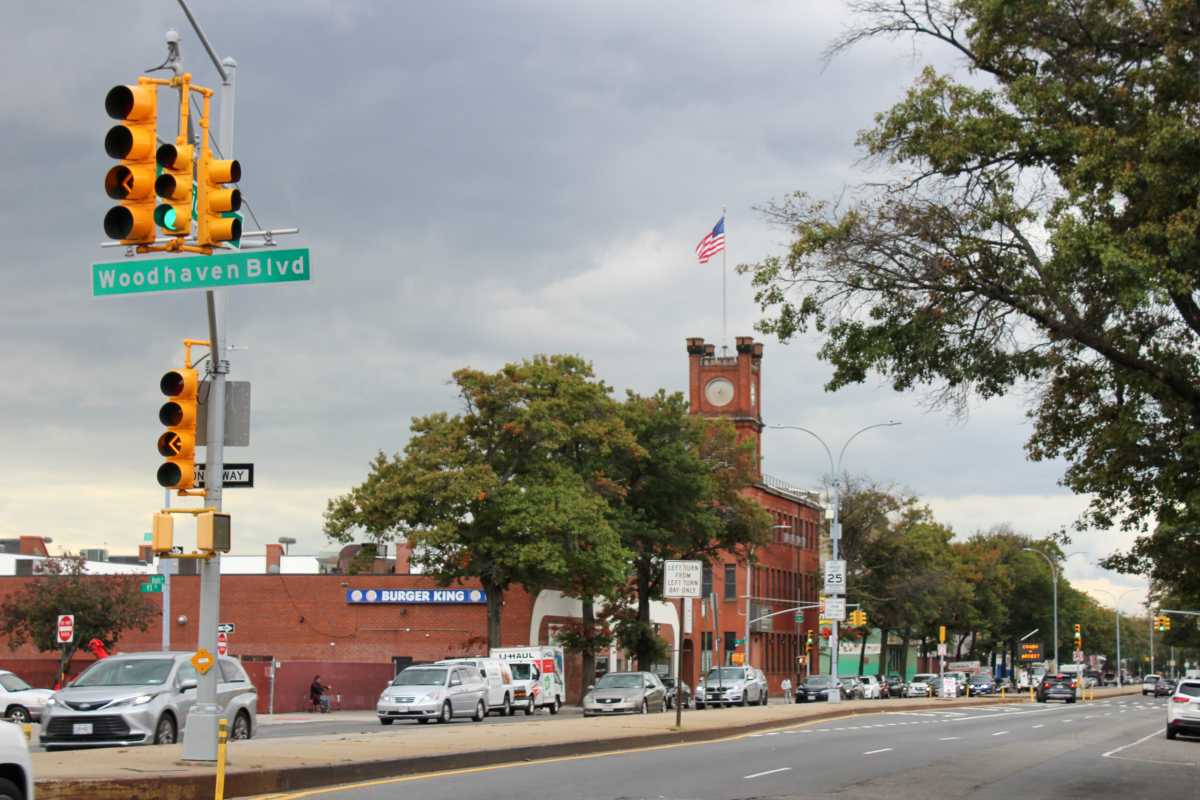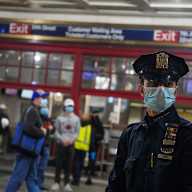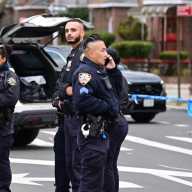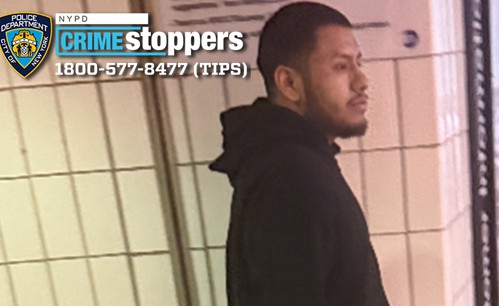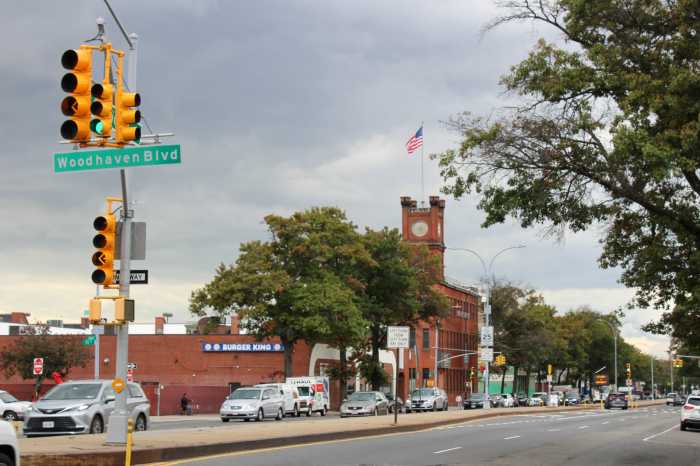A procession of residents at hearings Wednesday said the MTA is on the wrong track with plans to increase fares, often calling for it to do more to collect from fare evaders.
Bus and train riders and advocates at a hybrid hearing Wednesday morning, based at 130 Livingston St. in Brooklyn, pointed to scorching subway temperatures, equipment failures leading to delays and called for more to hold down fares.
The MTA has pointed to higher satisfaction ratings, good on-time performance, low crime rates, efforts to obtain funds beyond fares and other positive developments.
But many at the hearing called for more to be done to collect fares, and some suggested raising rates could lessen use and even increase evasion.
Eric McClure, executive director of StreetsPAC, Brooklyn Community Board Six chair since 202, co-founder of Park Slope Neighbors and the last speaker at the Wednesday morning hearing called for the MTA to “rethink ways to reduce fare evasion.”
“We need to make sure that fare evading is stopped once and for all,” said disability advocate Christopher Greif. “Fare evading does hurt us seniors with disabilities.”
The MTA tested subway turnstile modifications that many said are leading fare evaders to hop rather than stop evasion, amid even more widespread bus fare evasion.
“I’m a native New Yorker, a Millennial. I use the system every single day,” Jason Anthony said. “I’m sick of people jumping turnstiles and not paying the fare like I do.”
Others said those getting a free ride by evading fares are one reason fares may go up for those who pay their share.
“The fares are unbelievably unfair,” said Emmanuel Rafael Vásquez-Rodríguez, a Kew Gardens, Queens, resident and junior at John Jay College. “The fare is not fair.”
MTA CEO and Chair Janno Lieber in an August 19 press conference said rather than waiting and imposing bigger hikes, the MTA has been seeking to make more frequent, but what he called “small increases,” to keep up with inflation, worker wage increases and some other costs.
He said “ridership is back” and “the system is growing” and downplayed lower hikes compared to days when the MTA would hold down fares before massive hikes.
The proposed hikes, which would go into effect in January if approved by the Board, would hike the base fare for subways, local buses, the Staten Island Railway and Paratransit 10 cents to $3.00.
A 12-trip base fare cap will increase from $34 to $36, while express bus fares would rise to $7.25, from $7.00. Single-ride tickets on subways and buses will increase to $3.50 from $3.25.
The fee for a new OMNY card would increase to $2 when the MetroCard is no longer accepted for fares later in 2026.
Most MTA tolls for bridges and tunnels would rise from $6.94 to $7.46 with EZPass. The new OMNY card fee will jump from $1 to $2. No changes will be made to the $9 congestion pricing base toll.
But many at the hearing focused on those not paying as much as how much would be charged.
The MTA in a 2024 report on fare evasion cited it as leading to nearly $700 million in uncollected in 2022, including $315 million in bus fares, $285 million in subway, $46 million in bridge and tunnel tolls, and $44 million in railroads.
Fares and tolls account for almost $7 billion in annual revenue, according to the report, citing evasion as one reason for bigger “fare and toll hikes.”
The study called for more “education, equity, environment (design and technology), and enforcement.”
“What I would like this board to do is focus on increasing service rather than increasing fares,” Norm Miller said at the August 20 hearing. “Please do not increase the fares and focus more on improving service.”
The MTA in July reported its biggest summer subway ridership week since 2019, hitting four million subway riders three consecutive days, the first time that happened in the summer since the pandemic.
McClure said it’s “understandable the MTA has to increase fares sometimes,” but it needs to be done in ways that “increase more ridership and not create burdens” on those with lower incomes.
“Fares should be structured to encourage more use of the system,” McClure said, calling for more discount programs.
The consequences for evasion are slated to change, due to changes in law. The current fine for jumping a turnstile or boarding a bus without paying is $100, but will change in January.
First-time violators will be issued warnings with second-time violators facing $100 fines. If they pay by the due date, the MTA will issue a $50 fare card. Fines then jump to $150 per violation.
Those enrolled in the city’s Fair Fares program for lower-income New Yorkers would be subject to half-priced fines.
